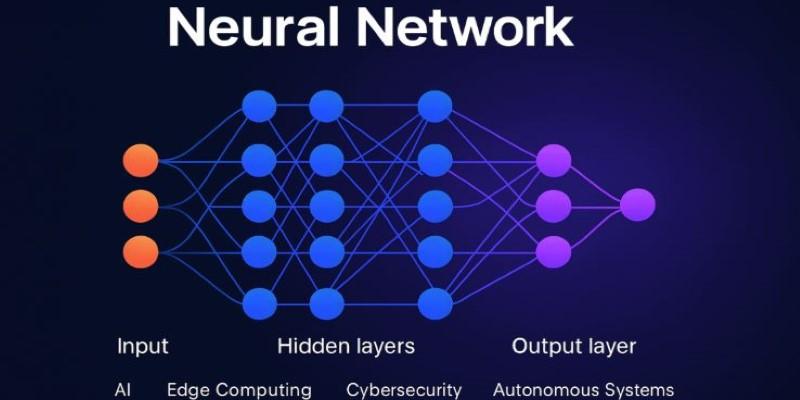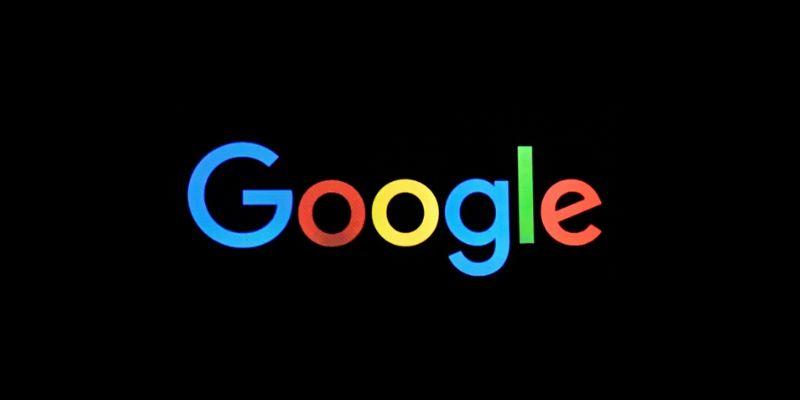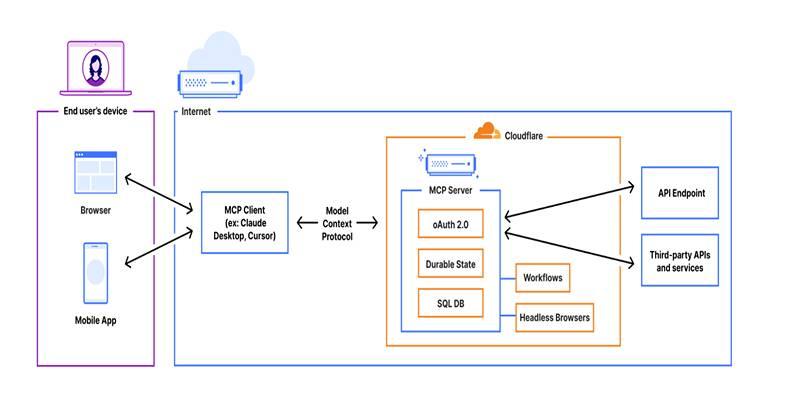Every day, generative AI is transforming how we work, create, and communicate with one another. It can write, draw, and even make music in a matter of seconds. Many people are excited about these prospects because they view AI as a means to reduce time and stimulate creative ideas. But not everyone is delighted with these changes.
People are becoming more concerned about how technology will impact jobs, innovation, and society as a whole. They are also worried that AI could replace jobs, disseminate misleading information, or grant some individuals unfair advantages in schools and workplaces. People distrust AI when it fails to meet expectations after rapid adoption and heavy hype. This blend of fear and enthusiasm has caused a cultural response.
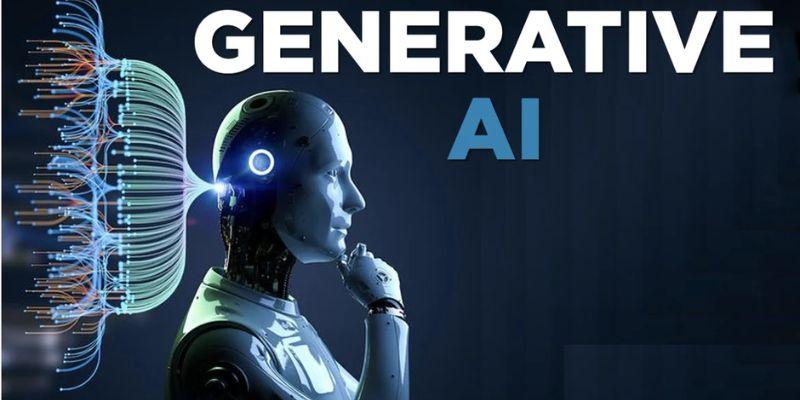
The Rise of Generative AI and Public Expectations
Generative AI has expanded rapidly over the past few years, transforming the way people work, create, and interact with one another. ChatGPT, DALL·E, and other huge language models can write, draw, and even make music in just a few seconds. Many people think AI is practically magical because it is so fast and easy to use. People believe that AI should be able to answer questions precisely, resolve issues promptly, and potentially take over some creative tasks from humans.
Companies use AI for marketing, automating tasks, and assisting customers, claiming it enhances their efficiency and creativity. However, this rapid adoption leads to excessive expectations. People often think that AI is a perfect tool when they use it. There is a gap between what AI claims to do and what it can actually achieve. People are excited about AI due to the hype, but they are often also disappointed. People are pushing back against technology that is overly hyped, and this is because society is coming to understand that AI has its limits.
Why Users Are Disappointed: Limitations and Hallucinations
Many people are dissatisfied with generative AI because it often fails to provide accurate results. Instead of ensuring correct replies, large language models guess the most likely words. Some people refer to this as "hallucinations" because it suggests that AI can provide false, misleading, or inconsistent information. People anticipate that AI will work like a perfect helper, but it often falls short in real-life applications.
For instance, asking AI for real-time information, prices, or personal advice often results in errors. When AI fails to deliver on its promises, users feel cheated. These failures may lead people to lose faith in AI, causing them to doubt its utility. Even well-designed AI still struggles with complex or multi-layered tasks. When mistakes happen, people may not only lose faith in that app but also in generative AI as a whole. When firms rapidly add AI features to software, it makes things more frustrating rather than easier, which makes people even more disappointed.
Economic Pressures and the Business Push for AI
Companies are under considerable pressure to justify their significant investment in generative AI development. Building large language models requires a significant investment in computers, data, and research. Investors aim to generate a substantial return, often ten or even a hundred times their initial investment. Tech businesses strive to integrate AI into as many products and services as possible to achieve these returns. Adding AI to software where it doesn't provide significant benefits might be frustrating for consumers.
This 'sell at all costs' method prioritizes making money over usefulness. Companies also continue to spend billions to improve AI, despite progress being slow and incremental. Economic pressure prompts companies to grow and market aggressively, rather than carefully integrating their operations. People get angry when AI is put into apps that don't fit their demands. People are skeptical about AI, and there is a cultural pushback against it, as businesses adopt it for profit.
Ethical Concerns: Jobs, Creativity, and Society
Generative AI raises major ethical issues, which fuel cultural anger and pushback. Many individuals are concerned about losing their jobs as AI is increasingly taking over responsibilities in writing, design, marketing, and coding. Artists and authors are concerned that AI could replicate or supplant their creative work, making it more challenging for individuals to express themselves. In school, kids might use AI to complete their work instead of studying, which makes it difficult to maintain academic honesty.
Generative AI can also produce false information, deepfakes, and biased content, which can lead people to be less trusting of the media and institutions. These social and ethical issues demonstrate how AI can have unforeseen consequences. People wonder if the good things are worth the bad things that happen to society, culture, and human dignity. People are also concerned about the environmental impact of AI training, specifically the amount of energy it consumes. As a result, many users and professionals advocate for responsible use, clear rules, and government oversight.
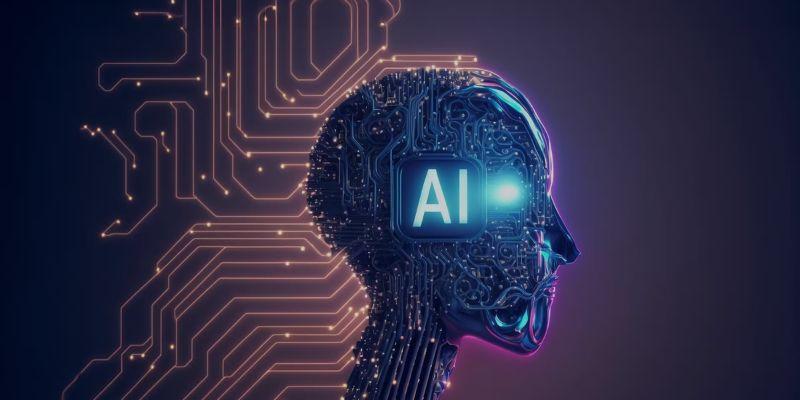
Feature Overload: How AI is Being Forced Into Software
Even if it isn't useful, many businesses make generative AI a required part of their offerings. For example, when Microsoft added AI to Office 365, people were unhappy because they had to pay more for features that didn't always work well. This method can make people feel like they have to accept AI instead of deriving something from it.
Overusing AI often makes products worse, rather than better. Users receive different results, make mistakes, and must deal with excessive complexity. Overusing AI in software may make it less enjoyable to use and erode trust in the product. People might not like these features, but they might still use them and get angry with both the technology and the firm. When people perceive AI as too obtrusive or overhyped, cultural pushback intensifies. If companies neglect what their users want to make money or come up with new ideas, they could lose their audience.
Conclusion
The societal pushback against generative AI reveals how people generally feel about technology. People enjoy its speed, creativity, and promise, but remain wary of its limits and unintended effects. People are skeptical and push back because they are worried about losing their jobs, receiving incorrect information, cheating in school, and other moral concerns. When AI is incorporated into software or hyped excessively, users become frustrated. As society gets used to new technologies, this reaction is normal.




